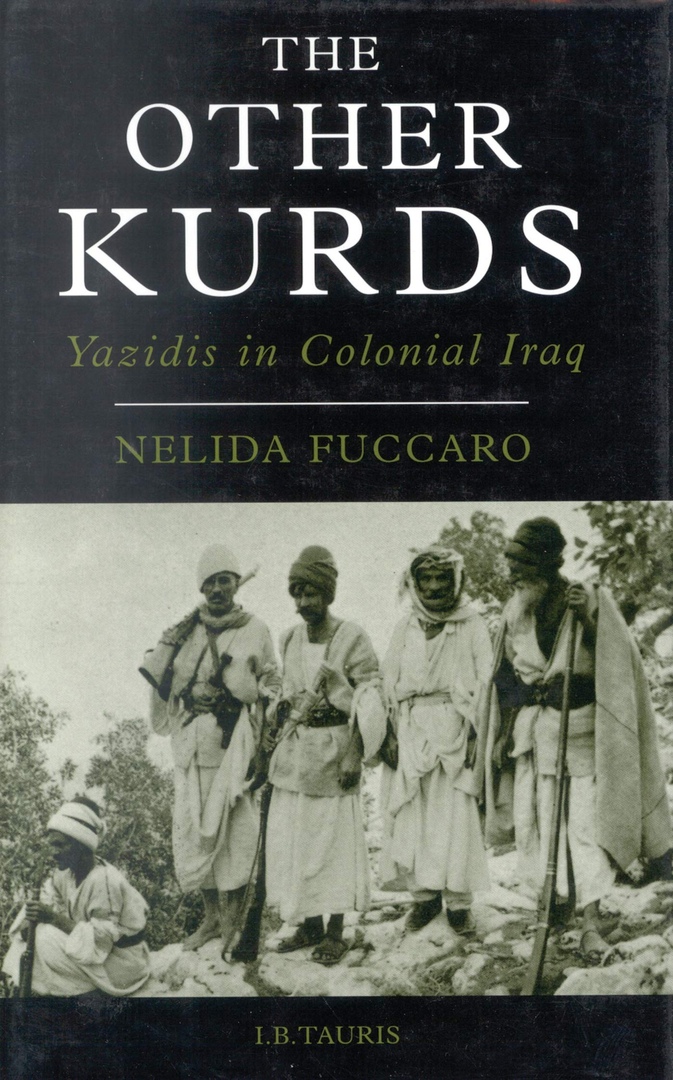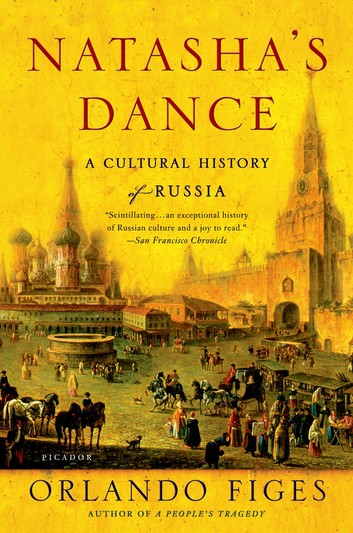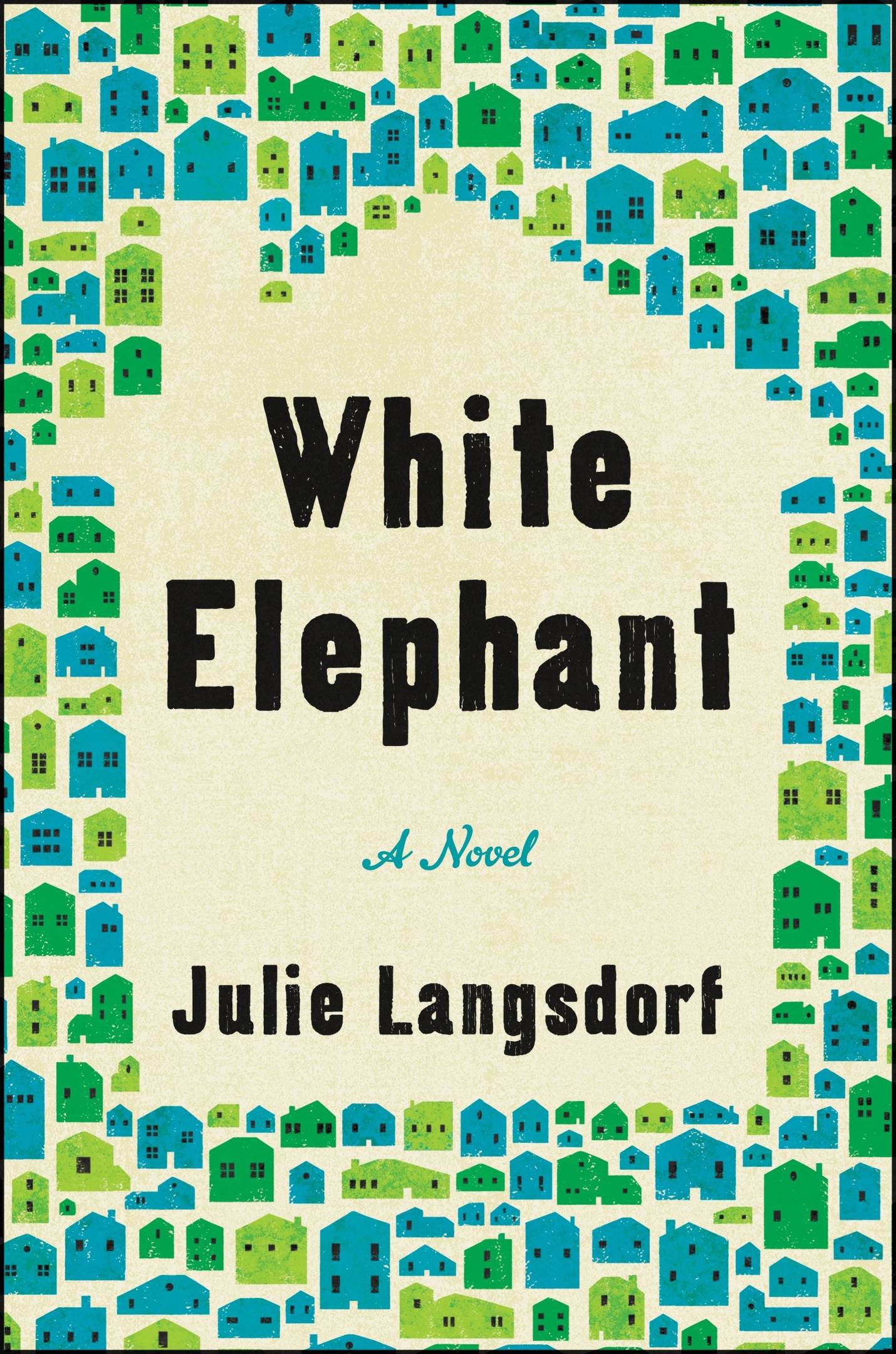Historical Dictionary of Nigeria – Toyin
1) Historical Dictionary of Nigeria – Toyin Falola, Ann Genova
Scarecrow Press | 2009 | PDF
Since independence in 1960, Nigeria has undergone tremendous change shaped by political instability, rapid population growth, and economic turbulence. The Historical Dictionary of Nigeria introduces Nigeria’s rich and complex history. Readers will find a wealth of information on important contemporary issues like AIDS, human rights, petroleum, and faith-based conflict.
Many of the dictionary’s entries highlight Nigeria’s relationship to its West African neighbors and its membership in international organizations such as the AU, OPEC, and the UN. In their thorough and comprehensive coverage of Nigeria, Toyin Falola and Ann Genova provide a chronology, an introductory essay, a bibliography, and over 500 cross-referenced dictionary entries on notable people, places, events, and cultural practices with an emphasis on Nigeria’s post-1990 developments.
2) Historical Dictionary of Benin – Samuel Decalo
Scarecrow Press | 1995 | EPUB
Benin, one of Africa’s smallest and least viable countries, has always attracted considerable academic attention because of its rich traditions and history, as well as its turbulent political evolution. At one point it held the continental record for the highest number of coups d’D’etat, and since 1972 was ruled by an iron-fisted military junta that formally adopted Marxism and declared a People’s Republic. In 1989 Benin once again attracted global attention as the country became the first in Africa to liberalize its political and economic system, hold competitive multi-party elections, and transfer power to a civilian head of state. The dictionary, thoroughly revised for this third edition, traces the dominant historical, social, economic, and political features of the country and outlines the biographies of some of the most important personalities who have played a role in the Beninois public scene. Because much of the literature covering Benin appears in French, the work serves not merely as a basic reference work on Benin, but also as one of only a handful of works on the country in English. The bibliography includes a large body of literature that accumulated since the previous edition. It remains the only such comprehensive multilingual bibliography available today, and a basic guide to the literature for students and experts alike.
3) Historical Dictionary of Togo – Samuel Decalo
Scarecrow Press | 1996 | EPUB
Togo is a small West African country nestled between Benin and Ghana, extending from its narrow coastline 320 miles inland to Burkina Faso. Although the country’s phosphate production has given it a modicum of economic stability, Togo remains politically unstable. The third edition of the Historical Dictionary of Togo expands and updates the 1987 edition and includes events occurring after the previous edition. Written by one of the foremost experts on African politics, this indispensable reference source provides concise dictionary entries covering the people, places, events, political and economic institutions, history and culture of this fascinating country. It contains a comprehensive, multilingual bibliography divided according to subject; tables with important economic and demographic data; a list of abbreviations; an updated chronology of recent political events; and three maps covering transport and communications, administrative divisions and ethnic divisions.
4) Historical Dictionary of Côte d’Ivoire – Robert J. Mundt
Scarecrow Press | 1995 | EPUB
The revised Historical Dictionary of Cote d’Ivoire incorporates the voluminous scholarship produced on the country since the 1987 edition. The death of President Felix Houphouet-Boigny in 1994 has unleashed momentous political and economic changes. The new leadership faces the twin problems of generating economic growth and infusing greater democracy into the political system. The new edition of the Historical Dictionary of Cote d’Ivoire is an excellent resource for scholars and students who are studying this important African state. It was written and updated by Robert J. Mundt, who has studied Cote d’Ivoire since the early 1970s and has closely followed events in this country for over twenty years. The encyclopedic entries provide important information on past and present leadership; cultural and political institutions; political and ethnic groups; and economic and social structures. The work includes a general introduction to Cote d’Ivoire and a chronology to place all this information in its proper context, and an extensive bibliography, divided according to subject, that will provide scholars with additional sources of information.
5) Historical Dictionary of Burkina Faso (Former Upper Volta) – Daniel Miles McFarland, Lawrence Rupley
Scarecrow Press | 1998 | EPUB
The change in name from Upper Volta to Burkina Faso has mirrored equally important changes in the country’s lifestyle. Yet despite numerous military and civilian governments since 1960, Burkina Faso still faces many of the same challenges it confronted decades ago: malnutrition, drought, lack of natural resources, debt, and the difficulties of industrial development in a region that is often unstable. At the same time, the people of Burkina Faso prove to be hard working and resourceful, and have persevered through many harsh conditions, and continue to improve the standard of living in their nation. The Historical Dictionary of Burkina Faso is the second edition of Daniel McFarland’s Historical Dictionary of Upper Volta from 1978. As with the earlier edition, this volume provides information on important persons, places and events, political parties, government organizations, economy, and culture. Most importantly, new entries update information on occurrences in the twenty years that have intervened between the two volumes, providing perspectives on recent social, international, political, and cultural issues. The book also includes a detailed chronology of the history of Upper Volta/Burkina Faso, from precolonial times to the current changes in governmental structure and Burkina Faso’s relationship to other countries in the region, many in similar situations. The bibliography in the current edition contains 1300 entries, more than one-third in English, versus the 600 entries found in the 1978 edition, and increases the number of English language sources considerably.
With such a substantial revision, scholars and librarians will find the Historical Dictionary of Burkina Faso a major addition to their collection. The expansion in resources and materials of interest, as well as the chronological and governmental updates, make this new edition an unavoidable part of any complete collection.
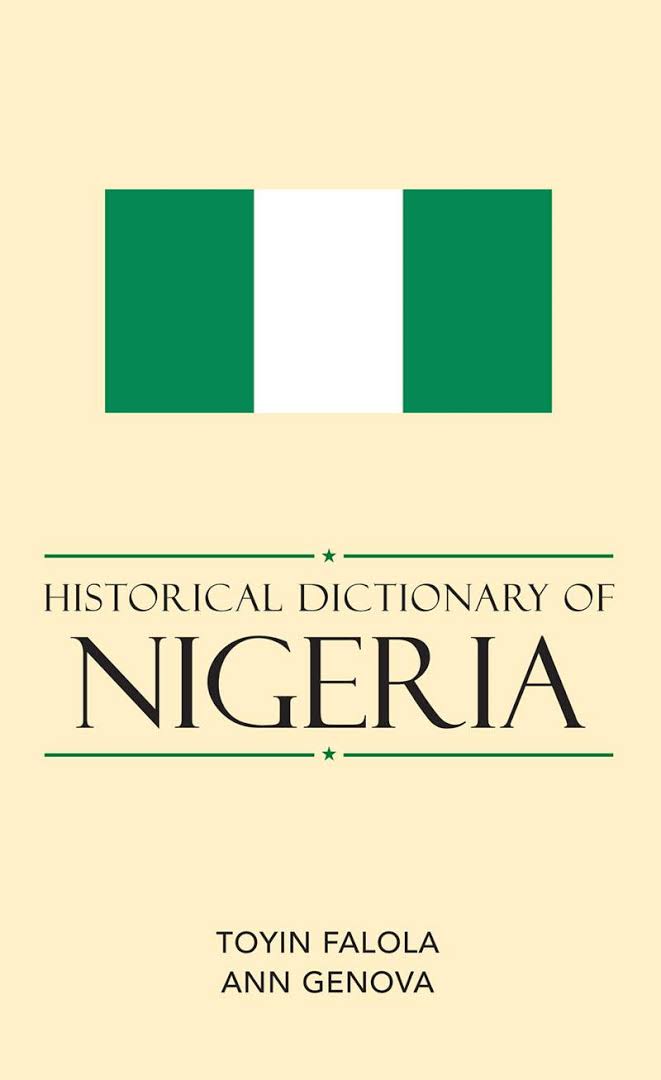 1 / 5
1 / 5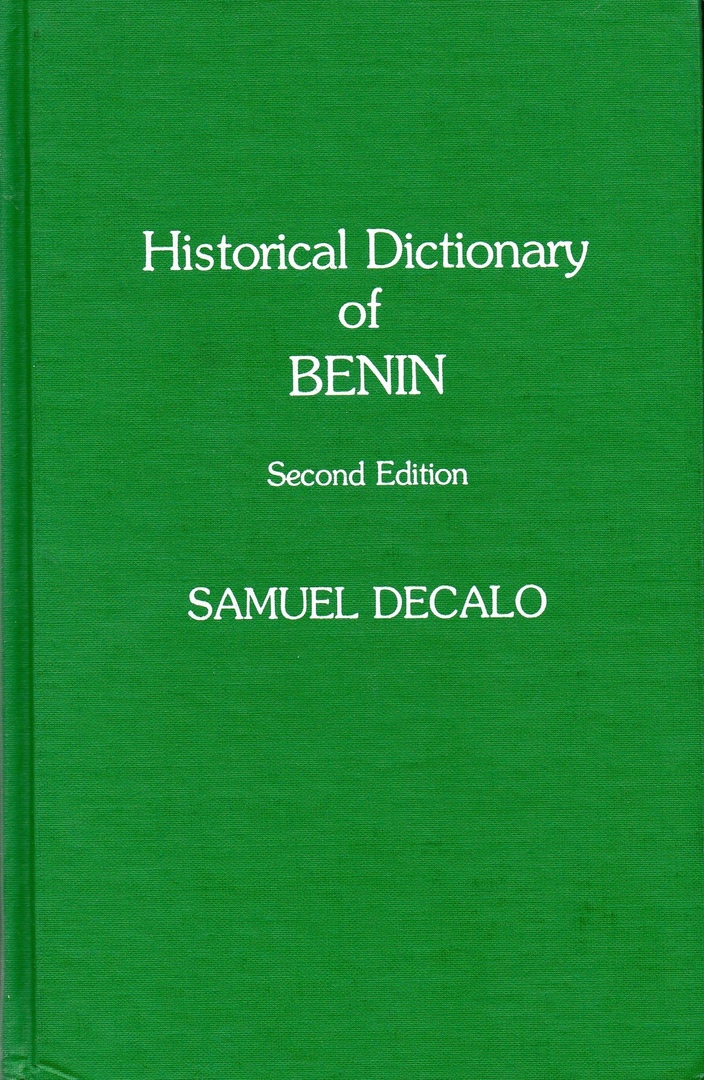 2 / 5
2 / 5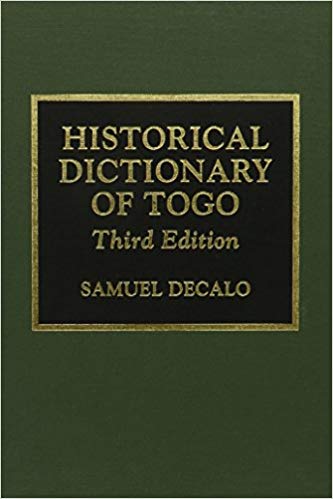 3 / 5
3 / 5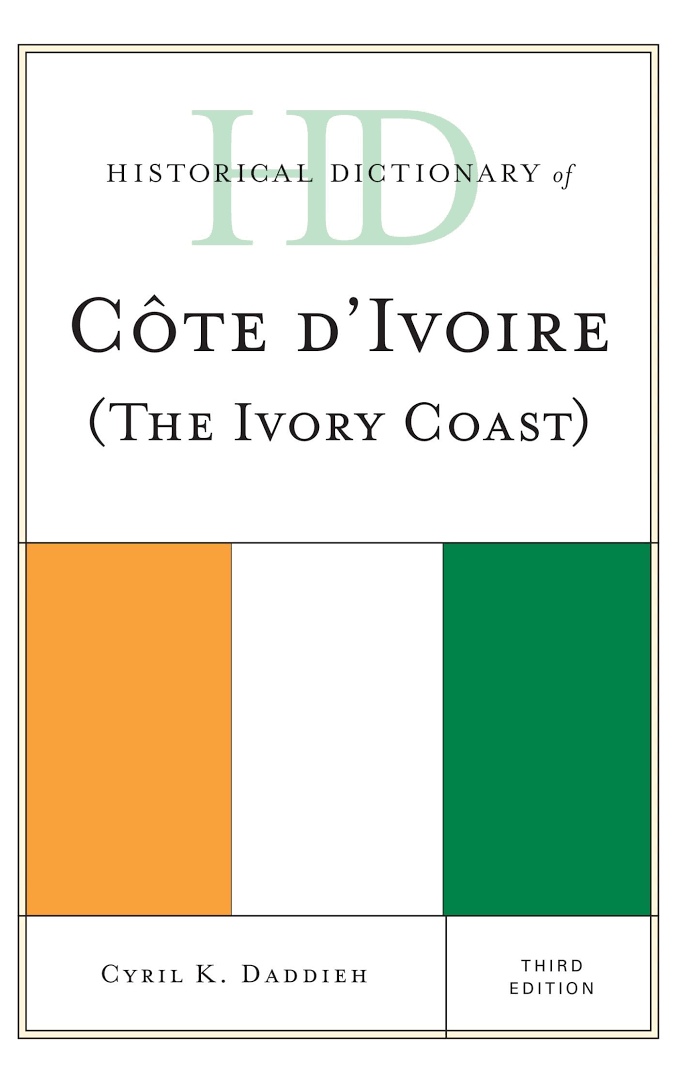 4 / 5
4 / 5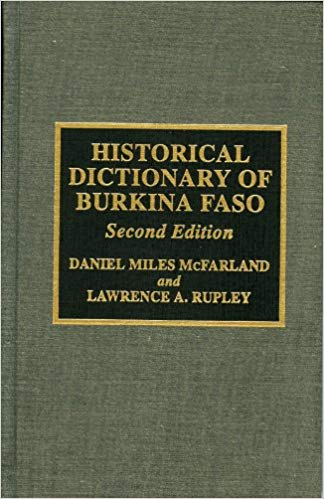 5 / 5
5 / 5
